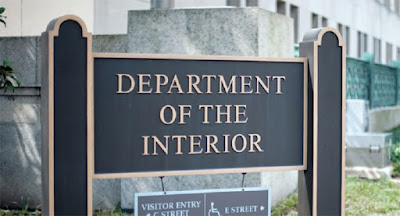Grito de Lares

Recently at the Fanhita: Our Continuing Quests for Decolonization, I and the several hundred other attendees received updates on Puerto Rico from Wilma Reveron-Collazo. Her presentation "Puerto Rico Actually" provided a powerful genealogy of Puerto Rico's movement for decolonization, as well as American attempts to keep the island colonized or to hide its continuing colonization. Puerto Rico occupies an interesting place in the imaginary of Guam. It is a place very distant from us in geographic terms, but we nonetheless share a similar history of Spanish colonialism and a similar present of American colonialism. At a time when Puerto Rico and Cuba were developing their own nationalist and revolutionary movements, the same movements, albeit on a smaller level, were also developing on Guam. Both Guam and Puerto Rico exist in territorial/colonial relationships with the US, although they have different names. Puerto Rico is referred to as a commonwealth, although you wo




